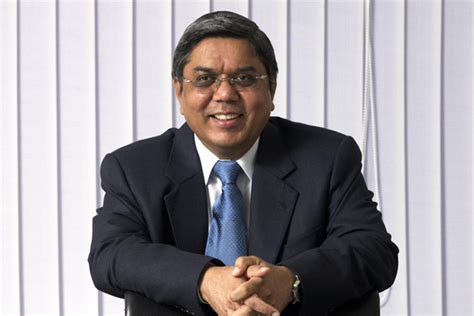A Quote by Baba Kalyani
With liberalisation, Indian industry gained international exposure because of which it became imperative for companies to rework their strategies to become globally competitive.
Related Quotes
I am extremely honoured by Indian Council For Culture Relations, India's apex body on the promotion of great Indian culture across the world for including cinema and I am deeply honoured for being the first person from the Indian film industry to represent the cause of this industry in the overall cultural promotion globally.
It certainly makes sense to expand the pulp industry in Indonesia, .. It's clear that it will be a very competitive exporter of pulp to the rest of the world, including China and India. So the interest by the Indonesian government is clearly to establish a really competitive plantation fiber base to support a globally attractive export industry.
One of the weaknesses of Indian industry is that in many areas.. like consumer goods.. it is very fragmented. Individually, the companies might not be able to survive. What is needed is a consortium of like companies in one industry, presenting a strong front to the multinationals. The Swiss watch industry did this.
Like cricket has their 'A' team that plays against other international 'A' teams and get exposure. Hockey should also have a similar development squad, which can play in non-premium international tournament, while the national team plays in bigger meets. This way, we will have players ready with international exposure.
In working on a drawing or a painting, one can rework and rework and rework and change ideas until you get it the way you think is right at that time. With clay that's not possible. You either succeed the first time, or you should wad it up and start over again, because you can't mess around with the clay and still have it fresh.

































